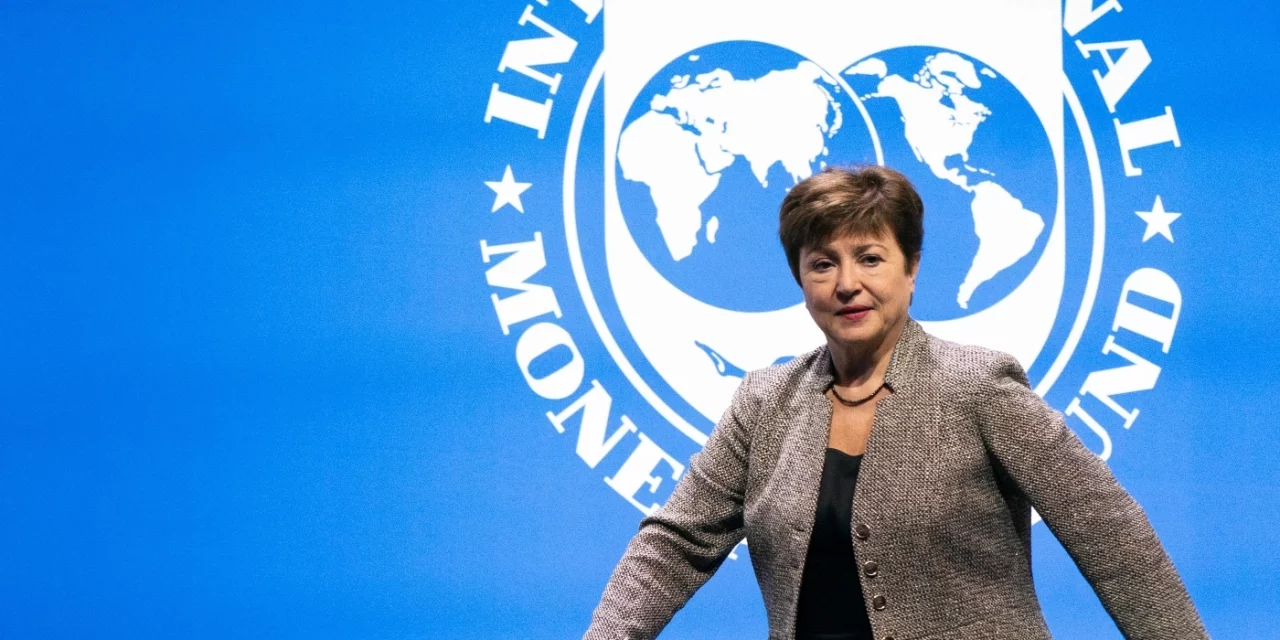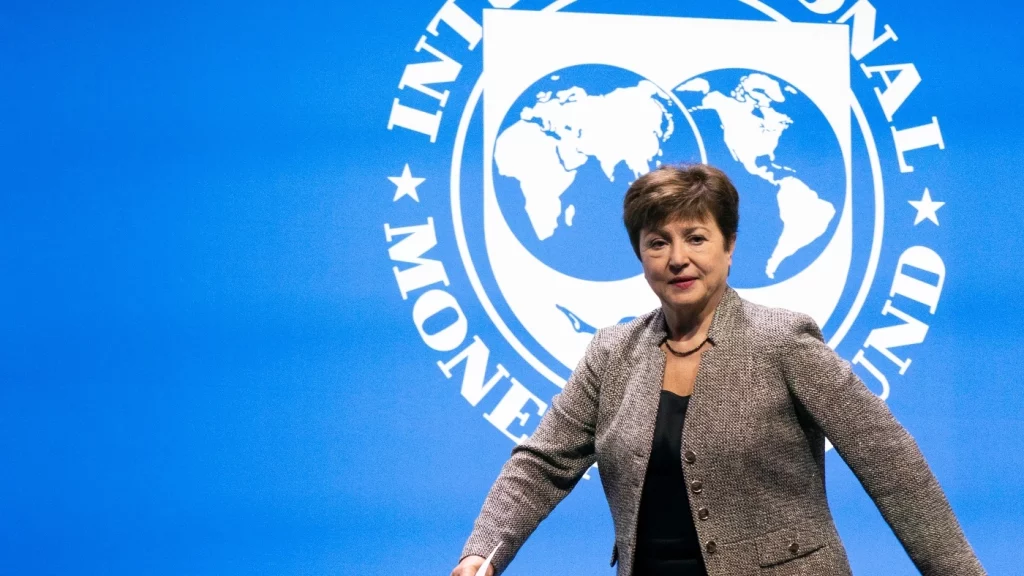
IMF Raises Global Economic Growth Expectations To 3 Percent2 min read

The International Monetary Fund has raised its global economic growth forecast for 2023 to 3 percent from 2.8 percent, the organization announced Tuesday.

That’s a slight decrease from 2022’s 3.4 percent economic growth, but shows improvement over previous expectations.
The U.S. economy is expected to grow by 1.8 percent in 2023 – above the average for other advanced economies – and 1 percent in 2024.
“The global economy continues to gradually recover from the pandemic and Russia’s invasion of Ukraine. In the near term, the signs of progress are undeniable,” IMF Research Director Pierre-Olivier Gourinchas said. “Yet many challenges still cloud the horizon, and it is too early to celebrate.”
The global focus on fighting inflation has led to depressed economic growth, the IMF said, and its still unclear if policymakers can achieve a “soft landing,” solving inflation without a recession.
“Tentative signs in early 2023 that the world economy could achieve a soft landing – with inflation coming down and growth steady – have receded amid stubbornly high inflation and recent financial sector turmoil,” the report states.
“Although inflation has declined as central banks have raised interest rates and food and energy prices have come down, underlying price pressures are proving sticky, with labor markets tight in a number of economies.” Get unlimited digital access Try 1 month for $1 CLAIM OFFER While factors like inflation are going in the right direction, the IMF report says economists are unsure if the global economy can avoid another crisis like a resurgent COVID-19 or a worsening war in Ukraine. If the global financial markets worsen, advanced economies could see 2.5 percent growth this year. That would be the smallest growth outside of a recession since 2001, the report says. “The anemic outlook reflects the tight policy stances needed to bring down inflation, the fallout from the recent deterioration in financial conditions, the ongoing war in Ukraine, and growing geoeconomics fragmentation,” the report states.














